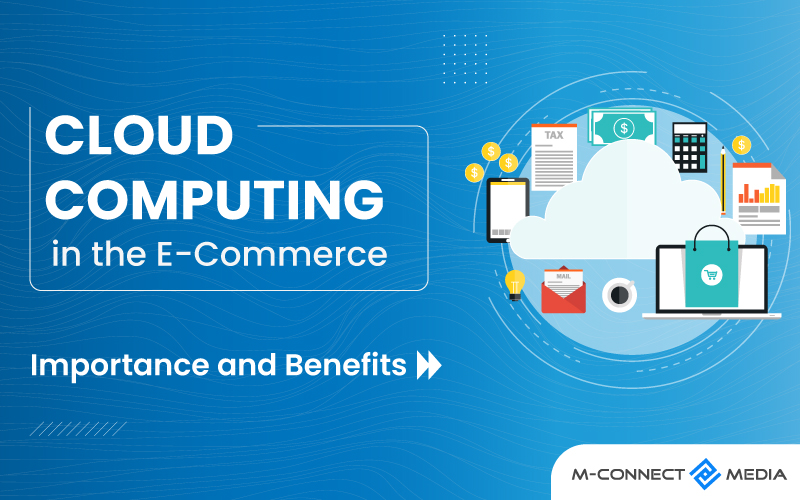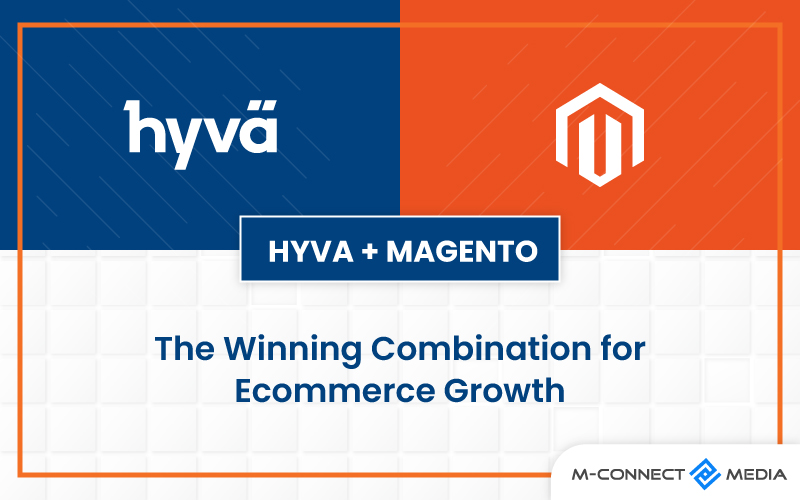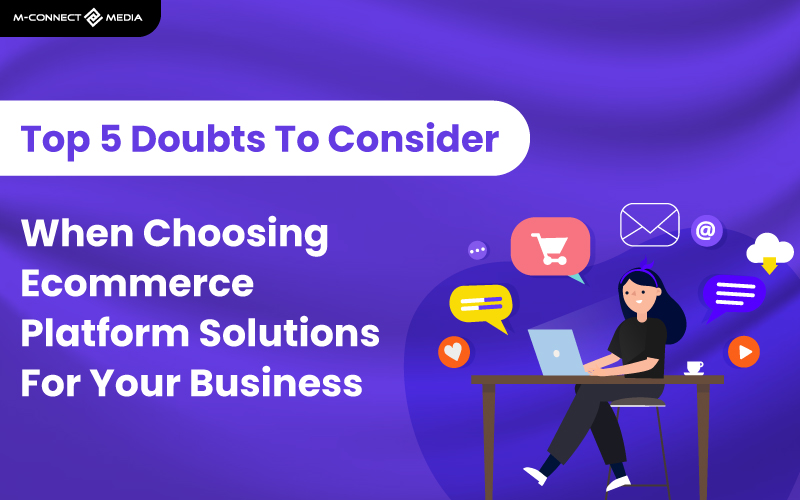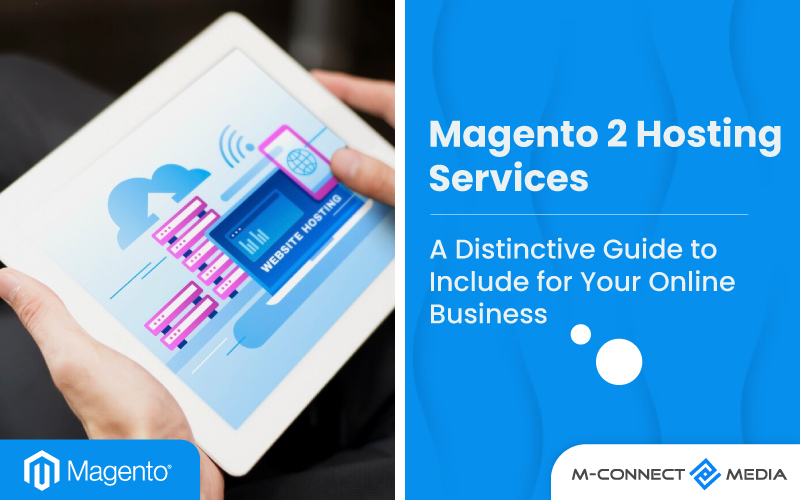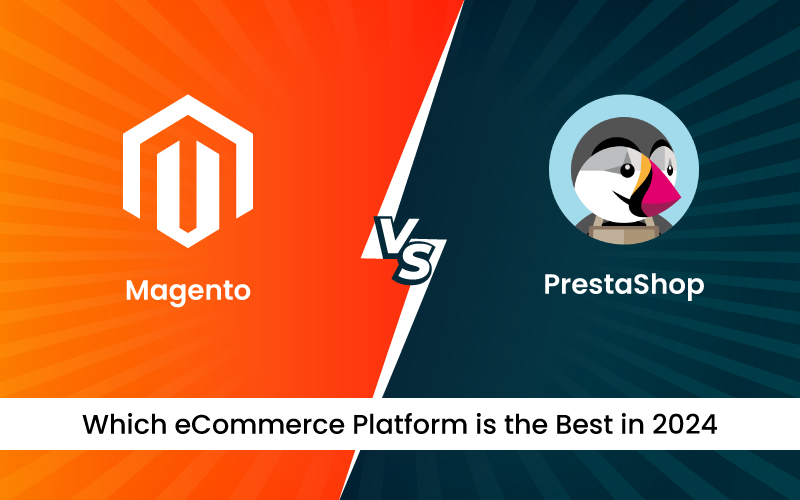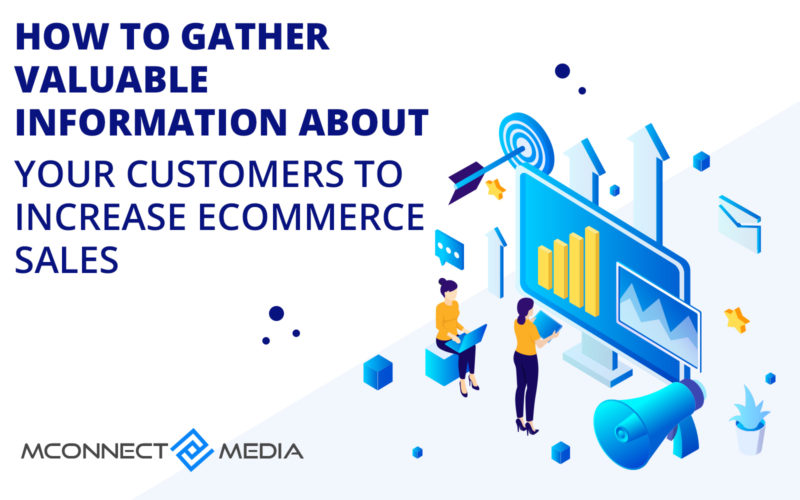Cloud computing technology has aided the e-commerce and retail sectors in several ways during this change. It has a significant influence on how use technology, and it will grow in importance in the future. It is now the most popular solution on market.
The Cloud computing e-commerce solutions provide several benefits over traditional on premise storage. They have also grown in popularity over the last decade as a result of decreased complexity and cheaper maintenance costs.
The cloud-based eCommerce platform team handles all of hosting, security, update, and maintenance needs, allowing you to benefit from increased scalability and efficiency. Moreover, It involves hosting online store’s files and data on several servers that are linked and work as one.
Any company looking to build or expand their e-commerce should consider how cloud computing can save them time and money. In this article, Let’s take a deeper look at what is Cloud Computing, and how cloud computing might benefit the e-commerce and retail industries.
What is Cloud Computing? A Brief Overview
Cloud E-commerce, a cloud computing application, manages and grows data storage, hosting, and digital commerce applications like virtual payments, inventory management, and product information management using cloud-based technology.
The Cloud computing makes use of server clusters and cloud-based solutions from vendors to manage transactions and traffic to online sales channels. It is also used by digital businesses to adapt increased demand and security, easy maintenance, and build new e-commerce services.
A cloud-based platform allows businesses to outsource IT infrastructure without investing in costly on premise equipment and upkeep. Some e-commerce Software as Service (SaaS) companies oversee parts of system, including eCommerce development of new application features.
Organizations may handle customer data, product data, inventory data, website hosting, digital transactions, and a variety of other e-commerce needs using one of three types of cloud-based e-commerce systems.
There are three types of cloud-based e-commerce systems that organizations may also use to manage customer data, product data, inventory data, website hosting, digital transactions, and a variety of other e-commerce needs.
Handling e-commerce on the cloud appears to be a simple task. As a result, businesses with e-commerce platforms must choose which solution is appropriate and reasonable for their digital transformation.
Also Read: A Successful eCommerce Website Must Have These Essential Features
How Does Cloud Computing and E-Commerce Relate?
The Internet is used to store and process data in cloud computing development, allowing businesses to outsource their computer processing needs. The Ecommerce businesses have several benefits for cloud computing.
The e-commerce business has traditionally suffered with delivery concerns. Customers may also place orders from any location thanks to the Internet, but this ease comes at a cost in terms of shipping prices and order fulfilment delays.
Merchants may offload most of the server processing work by putting their e-commerce sites on cloud computing platforms. Moreover, These third-party platforms retain control over appearance and functionality of online storefronts.
Why Should You Use a Cloud computing eCommerce?
Because of its scalability and cost-effectiveness when compared to on premise hosting, cloud computing has become the go-to solution for eCommerce enterprises globally.
The value of cloud hosting stems from its ability to combine the computational power of several devices. You may also take use of network capacity and storage that would otherwise be prohibitively expensive or unavailable when hosting on premise.
Cloud-based eCommerce software provides a more scalable solution to online sales by maintaining and processing data in the cloud. Furthermore, This frees up resources for organizations to focus on goals such as cost reductions, scalability, and revenue development.
Also Read: A Comprehensive Guide to Metaverse eCommerce Platform Development
Benefits of Using Cloud Computing for eCommerce Business
The e-commerce and retail businesses profit from cloud computing in various ways. Cloud computing has the significant technological advancements in recent decade. The cloud is transforming the way businesses operate in practically every industry, including online shopping.
Here are some significant benefits of using cloud computing to advance your e-commerce business.
Better Scalability
Scalability is the primary benefits of adopting cloud for e-commerce businesses. The cloud provides a scalable and adaptable option for e-commerce businesses to suit changing business demands. It allows businesses to scale resources up and down as needed.
Cloud-based hosting enables you to expand virtual data storage and server capacity without difficulty. This not only saves time and money, but it also enables e-commerce businesses to adapt swiftly to changes in demand and remain competitive.
Lower Operational Cost
Cloud service providers assist eCommerce business in ensuring timely security updates and software upgrades at no additional expense. Using cloud computing services can help you save money on IT infrastructure, maintenance, and security.
Cloud computing reduces the requirement for internal IT manpower because cloud provider will manage and secure data. It provides a reduced cost of ownership than on premise solutions since you don’t need to commit resources for extra servers to develop a larger infrastructure.
Increase Security
Cloud-based services are extremely secure and safeguarded by a team of industry experts and professionals. With this adoption, you can be confident that company details, customer data, financial transactions, and other information will well protected.
The cloud hosting companies help you manage firewalls, update antivirus, ensure end-to-end encryption, and other security precautions. They are also connected with System and Organization Controls standards, allowing eCommerce to regulate who has access to which data.
Improved Speed
Cloud hosting is the best way to maintain continuous fast loading times since it increases bandwidth, storage space, and computing power. Improved website performance can help you attract more clients and handle surges in activity with confidence.
The cloud computing can improve speed and functionality of your e-commerce site. It provides you with more bandwidth, processing capability, and storage. A speedy e-commerce site not only enhances user experience but also increases income for business.
Remote Access for Business
Using cloud-based hosting allows eCommerce business to access business applications, databases, and information from any place. It provides easy access to business for people of all demographics, and access to platform information, tools, files, and more.
The cloud hosting for eCommerce lets you to manage business from anywhere, at any time, and with anybody. Cloud-based systems also provide real-time access to data. Moreover, That means website’s speed and performance are maintained even in high traffic situations.
Stability
The cloud hosting improves the stability of online commerce. You may also increase traffic by moving your IT infrastructure to cutting-edge data centers. Customers browse these websites in quest of new offers and bargains.
Many people are visiting websites often as a result of increased internet access. Moreover, By placing IT infrastructure in data center of these cloud providers, e-commerce websites may also have consistent and predictable performance while planning for such traffic spikes.
Also Read: Get Your First eCommerce Sales in 3 Days With these Tips
What is the Future of Cloud Computing in the eCommerce?
Mobile device proliferation and the rapid use of cloud computing have both altered the eCommerce sector. Moreover, These two linked findings profoundly changed the corporate sector.
Cloud computing is gaining popularity in eCommerce industry. This development is also driven by the need for companies to be able to store and access data from any location, and need for businesses to be able to scale operations quickly and effectively.
Businesses are relying on cloud for data storage and processing, and this trend shows no indications of abating. Moreover, Businesses will be able to significantly cut their IT expenditures while reaping the benefits of cloud computing.
Types of Cloud computing eCommerce Service
Cloud-based eCommerce software services are classified into three sorts, each with its unique features and functions. Furthermore, It is critical to understand the benefits and drawbacks of each distribution method before deciding on one that coincides with overall goals and digital commerce strategy.
3 Types of Cloud Computing Service for Your E-Commerce Business
(1). IaaS (Infrastructure as a Service)
- Offers on-demand data storage.
- Information is stored on discs and high-end virtual servers.
- Cloud services provided by well-known brands such as Amazon and Microsoft are examples.
(2). PaaS (Platform as a Service)
- Portal of self-service
- A platform that allows its users to create and launch apps.
- Infrastructure for cloud services that is ready to use
- Google App Engine, Cloudy, and Cloud Suite are a few examples.
(3). SaaS (Software as a Service)
- Access to the client is granted by a third-party hosting service provider who is involved in the loop.
- On a pay-as-you-go basis
- Salesforce, NetSuite, and Slack are three examples.
Also Read: How will Artificial Intelligence Lead the Growth of Your eCommerce Business?
Final Thoughts
The cloud technology allows online businesses to develop, extend, scale, and cut operational expenses. Moreover, the eCommerce industry has the flexibility to implement cloud technology solutions and execute ubiquitous operations across several locations with ease.
Cloud computing in eCommerce also has the ability to empower and improve online retail sites by providing benefits such as data security and indirect benefits such as stealthy consumer acquisition via higher search rankings.
In the future, cloud e-commerce will see more breakthroughs and advances, propelling enterprises to new heights. If you want to improve your online retail platform with cloud-based solutions, contact us right now for a cloud service consultation.
Moreover, Hire eCommerce developers from Mconnect Media along with cloud experts to create a fast, intuitive, and feature-rich eCommerce solution.
Frequently Asked Questions:
- What can cloud computing do for a retail business?
The cloud may provide merchants with much more. It might also aid in margin and pricing management, website and recommendation engine customization, program administration, current inventory visibility, order fulfilment across all channels, and inventory management.
- What role does cloud computing play in eCommerce?
Cloud computing allows an e-commerce program to easily adapt to market conditions. It allows services to be scaled up or down based on demand, traffic, and seasonal peaks. As a result, the cloud provides your firm with the scalable architecture it requires.
- Is cloud hosting suitable for eCommerce?
Cloud technology solutions allow eCommerce enterprises to perform operations around the clock from any location and easily access the application. At a low cost, the technology also provides you with the necessary platform, storage, data center, infrastructure, and other virtual support.
- What are the finest cloud platforms to use?
Google Platform, AWS, and Microsoft Azure development services are the three major participants in the domain of cloud technology solutions. Choose a provider based on your business needs and begin managing your business operations online.

